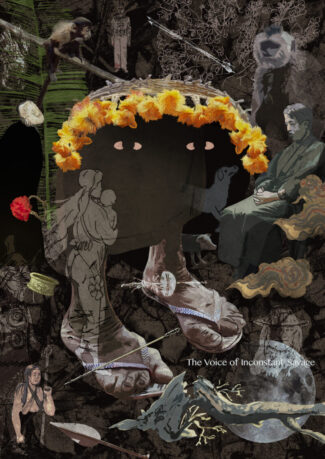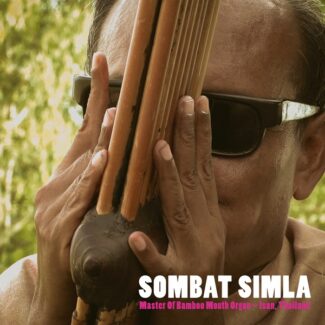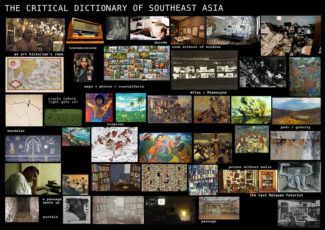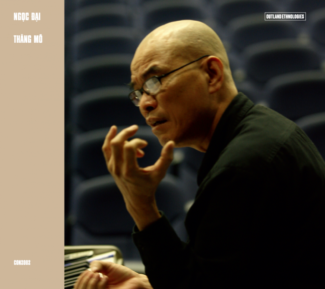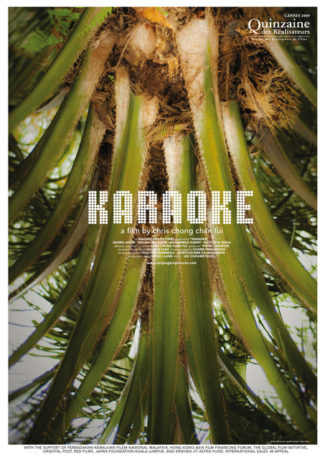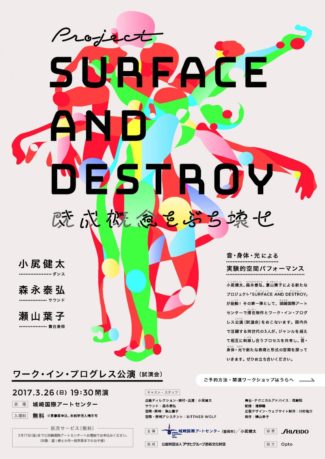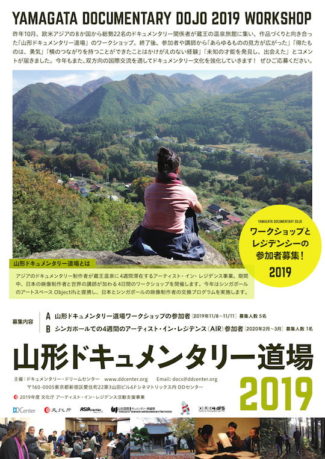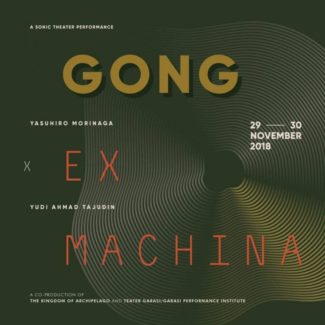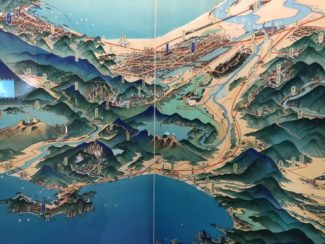
RECIPROCAL RESIDENCIES
Reciprocal Residencies: Lijiang/Hokkaido consists of two reciprocating residencies between two Japanese and three Chinese artists in two rural settings. Curated by Jay Brown and Yasuhiro Morinaga, the residency is developing working methods to make the most of our disciplinary differences and time together.
The participants are: Yao Chunyang, Wei Wei (aka VAVABOND), Li Jianhong, Marina Tanaka, Chiharu MK, Yasuhiro Morinaga, Jay Brown, Lijiang Studio, Tobiu Art Camp.
This project enjoys the support of the Beijing Contemporary Art Foundation and the Asian Cultural Council.
What does it take to make art while being responsible for small children? To that end, we titled our September 14th performance at Tobiu Art Festival “Art With/Out Small Children”, and it seems this will become the title for the Hokkaido segment of the project. Another, similar, working title for the project that may become the title for the Lijiang segment is “We Are All Great Parents.” We are foregrounding this issue because of the social, systemic, logistical obstacles for artists, nearly always mothers, to continue developing and presenting their art while raising small children (not to mention working a day job). Nearly all the artists in the project are in the middle of such challenges.
Furthermore, we all have long-term interest in exploring ways of working “in the field”. Each of us has 10, 15, or more years of developing their own experiences with this question, an engagement which has formed our understanding of artistic research. What could each of us do in a totally unfamiliar place? How do we deal with certain inescapable dynamics, such as countenancing a history of cultural erasure, tourist development, the cosmologies of others, or the ontologies of places?
There will be more to come on this project, but for now some snapshots of our time in Hokkaido:


